

Eco-friendly activities to do with kids this summer
It can be difficult to keep children entertained over the summer holidays, especially if you want to do so sustainably. But there are ways the whole family can have fun, without negatively impacting the planet, and even take action for climate.
Read on to discover our six eco-friendly activities for children this summer.

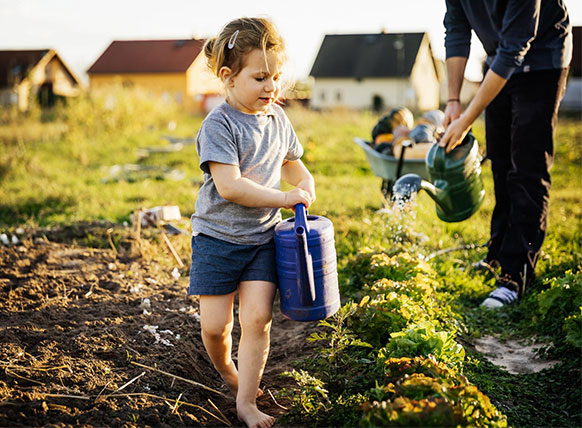
1. Get into gardening
Whether you have a garden, balcony or windowsill, there’s plenty of ways to start gardening sustainably with your children. You could plant bee-friendly flowers to encourage pollinators, insects and even butterflies to your garden – giving your children endless wildlife spotting opportunities all summer long and pride in watching their seeds start to flower.
Or consider growing your own herbs for your children to pick when it’s time to cook dinner. You can grow herbs on your windowsill – just make sure to pick a window which gets plenty of sunshine.
Your kids could create a bug hotel for the garden - you’ll not only help the decreasing insect population but kids will love the hands-on learning approach. And, depending on the size of your hotel, it might even shelter hedgehogs or toads too1.
2. Whip up some seasonal recipes
Cooking and eating home-grown seasonal fruit and vegetables can help to reduce your carbon footprint – as they don’t need to be shipped from overseas or grown in an energy-intensive heated greenhouse2.
Strawberries, raspberries, rhubarb, spring onions, broccoli, runner beans, aubergines and beetroot are just some of the fruit and vegetables in season over the summer months3.
So why not let your children choose a fruit or vegetable as inspiration for a seasonal meal or dessert and get them involved in the preparation too – they can learn cooking skills as well as how what we eat can impact the planet. Just be sure to give your kids age-appropriate tasks and supervise them.


3. Have an arts and crafts day with recycled materials
Arts and crafts projects allow your children to be creative and have fun, and while these projects can sometimes be wasteful, they don’t have to be.
Before throwing rubbish into your bin, check to find items that can be cleaned and reused. Set aside empty toilet paper rolls, cardboard, egg boxes and plastic containers, alongside some eco-friendly paint, tape and crayons and get creative.
For example, your kids could reuse clean plastic bottles or tin cans to create indoor bowling, make toilet roll animals or use a plastic bottle to create a bird feeder or terrarium.
4. Enjoy the outdoors
An easy way to enjoy the outdoors is to visit a local country park, many of which provide information about the park’s biodiversity, local wildlife and environment. And if your children are old enough, hiking is an exciting way to experience the outdoors, spot wildlife you can’t find in a town or city and appreciate the beauty and diversity of the UK’s landscape.
Or your family could swap car journeys for cycling and explore the local area, go to a local park or visit a beauty spot. You’ll also help to reduce your family’s contribution to carbon emissions and air pollution.

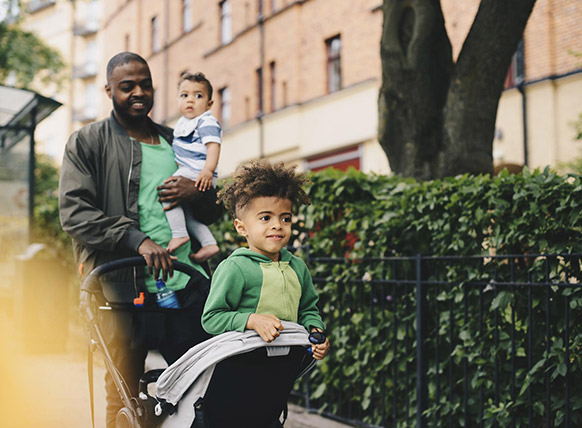
5. Plan a nature scavenger hunt
Nature is full of various treasures for the whole family to explore. To help encourage your children to have fun outdoors, plan a scavenger hunt – it’s an exciting way for children to explore the garden by themselves or can bring added fun to a family walk.
Get your children to spot specific treasures such as brightly coloured flowers, ladybirds, a caterpillar munching on a leaf or the elusive four-leaf clover. What’s more, scavenger hunts can be a year-round activity - as the seasons change there’s always new treasures to be found.
6. Learn about renewable energy
Household and garden experiments are a great way for kids to learn about the advantages of renewable energy and sustainable living. For example, they could create a solar oven, build a self-propelled car or keep track of how much energy your family uses with a smart meter.

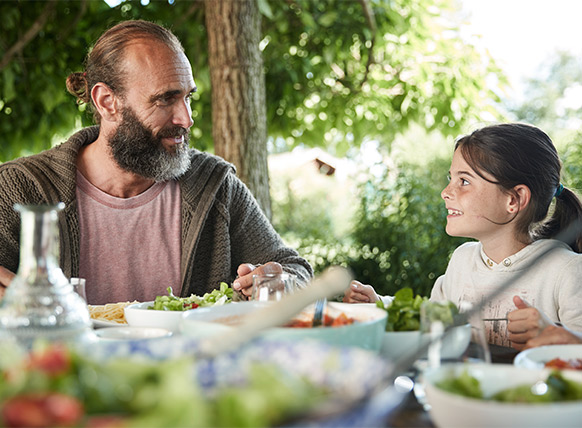
And if you want to know more about how you can be more sustainable at home and take action for climate, why not read one of our other blogs on sustainability:
1. RSPB: Build a bug hotel
2. NY Times: Your questions about food and climate change, answered
3. Vegetarian Society: Seasonal UK grown produce
4. Commonwealth Sport: Birmingham 2022 Commonwealth Games creating a carbon neutral legacy
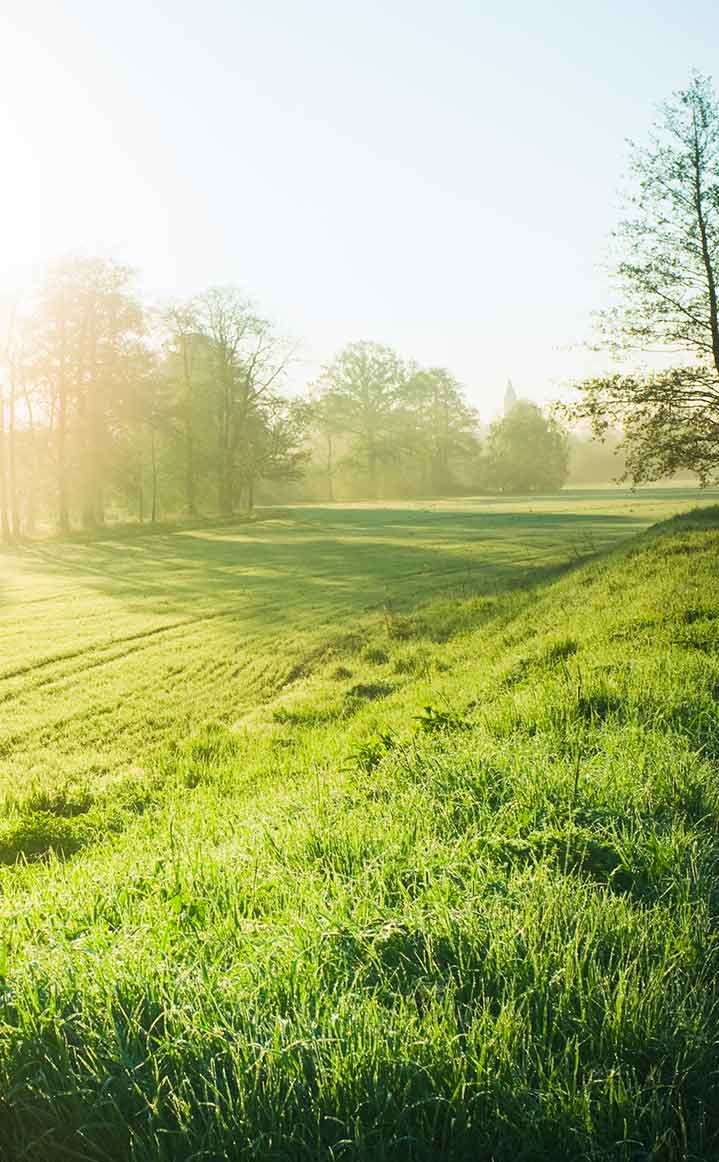
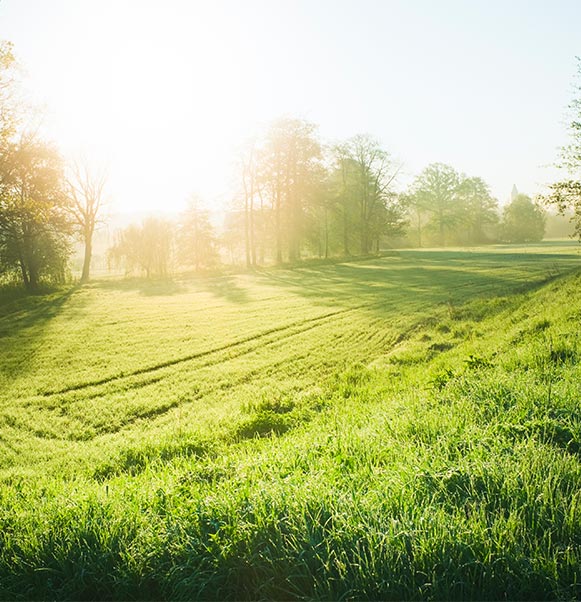
Our blog
Read our latest blogs to discover how E.ON is leading the energy transition through smart and sustainable solutions.


Sustainable homes
Find out the many ways in which you can create a more sustainable home and reduce your carbon footprint.
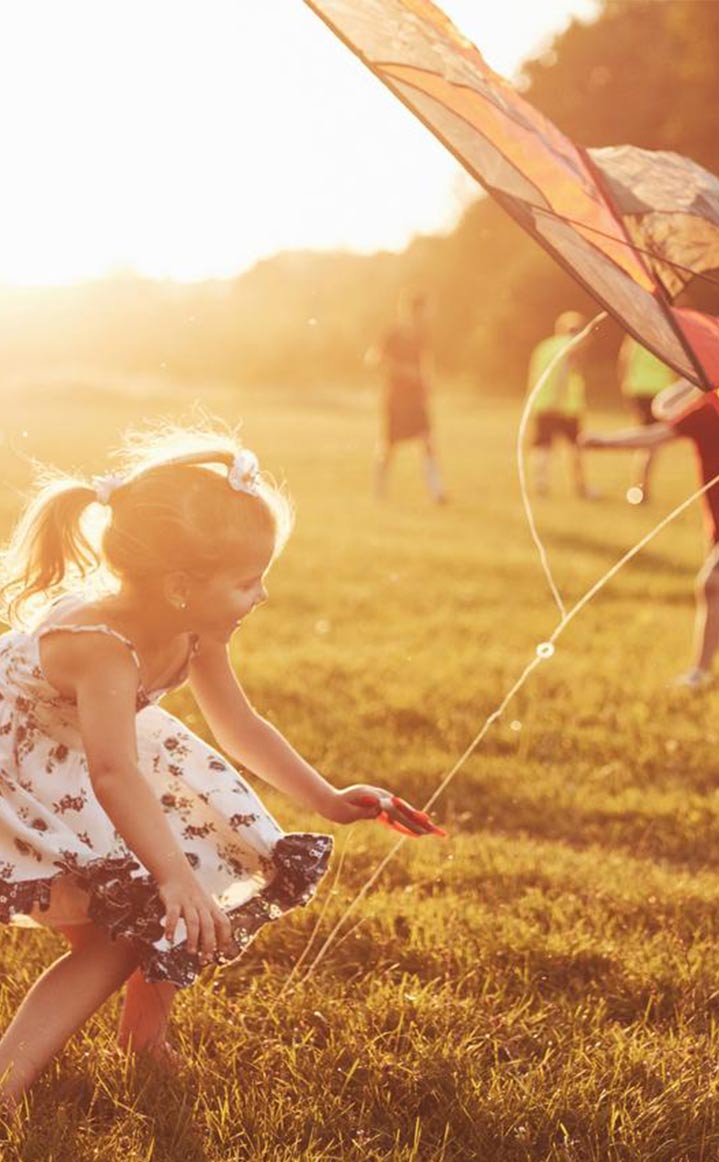
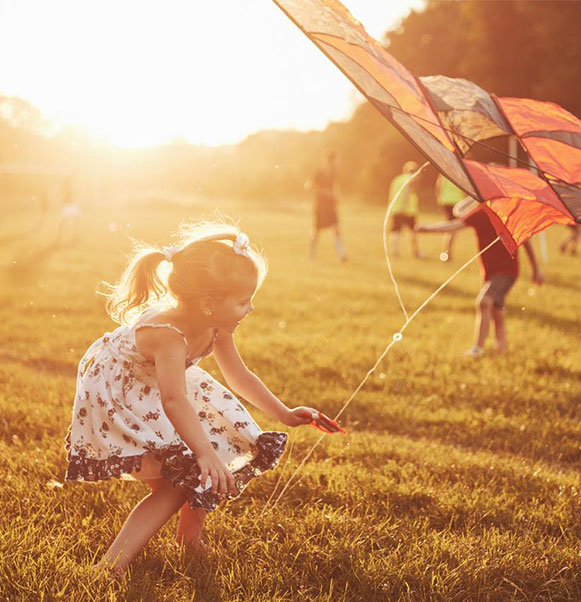
Power your home with renewable energy
Choosing renewable energy sources for your electricity and heating can make your home more sustainable. So we’ve explored the different ways you can power your home with renewable energy.
